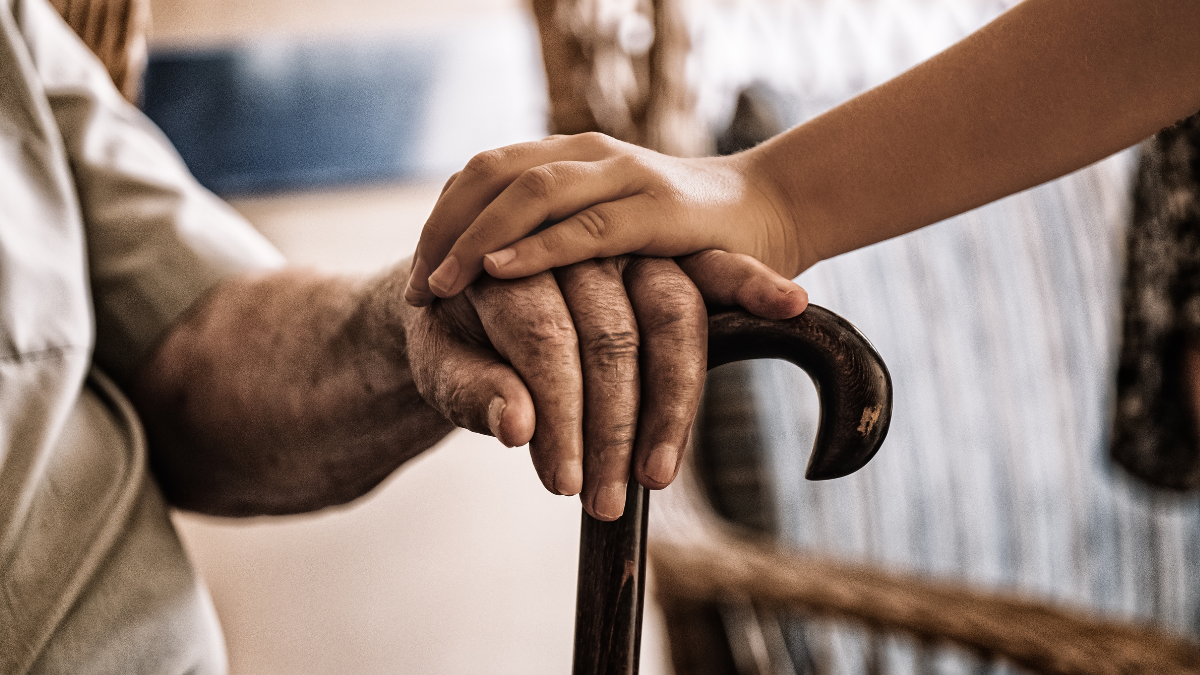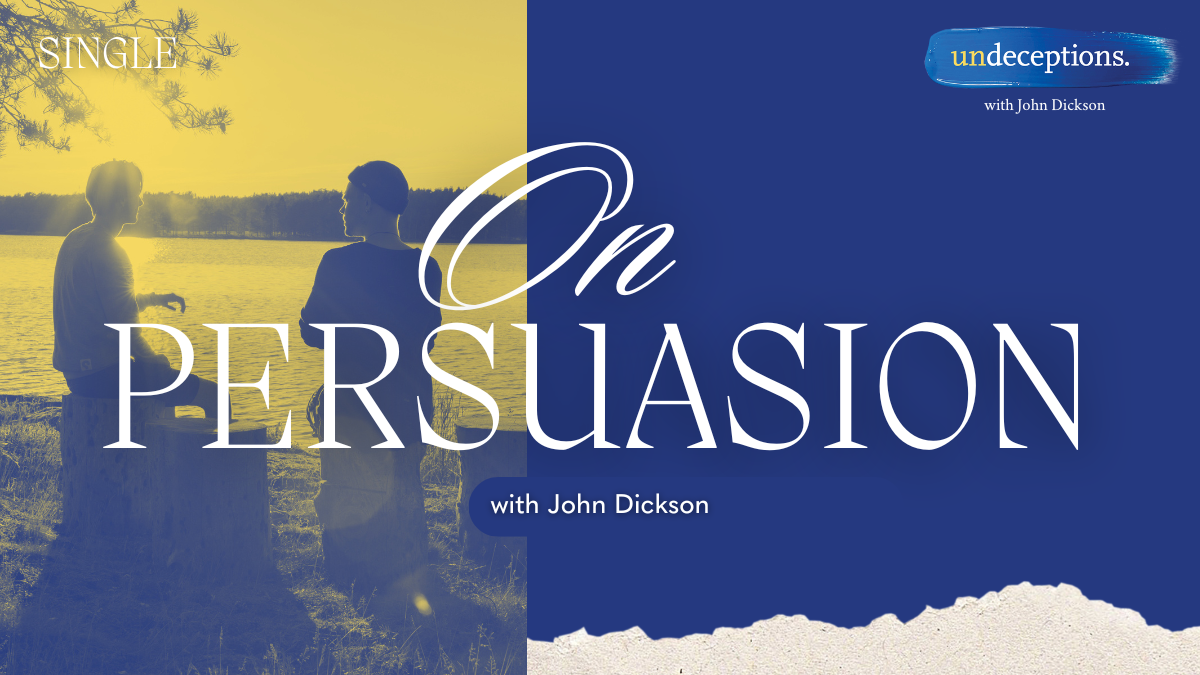The fifth commandment of the famous Ten Commandments reads “honour thy father and thy mother, that thy days may be long in the land which the Lord thy God giveth thee.” The word honour here, as in honour your father and mother, is the Hebrew word kabed. It basically means to be ‘heavy.’ It’s like the word gravitas in Latin. It means ‘heavy’ or ‘weighty’ or ‘important.’ Now kabed the Hebrew term frequently is used of giving glory to God. Glory and heaviness are basically the same idea. So the fifth commandment asks that we give deep, almost divine, respect to parents.
Mark 7:8-13
So here is Jesus taking on the Pharisees over their interpretation of the fifth commandment. They thought you could get around the fifth commandment by calling various resources you have dedicated to God, so that they were sacred and not able to be used to help anyone else. So you could call your field sacred, Corban, and therefore you didn’t have to sell it if your parents were destitute. So avoiding offering material support to older parents, according to Jesus, breaks the fifth commandment.
One Timothy 5:3-4,7-8
Them’s fighting words! Already by the time this passage was written, the church had established a system of care for elderly parents who didn’t have family that would look after them. Yes, it’s a Christian duty to care for your elderly parents, but when that care isn’t there the church stepped in to support as best it could.
Greece and Rome had very little by way of philosophical reasoning to guarantee the weightiness, the honour, of those who lacked social utility. So at one end of life, infanticide was rife. Newborns weren’t worth much, in certain contexts, and so they could be gotten rid of. But at the other end of life, welfare for the aged and the infirm was non-existent. Christianity changed all that. It inherited the Jewish Old Testament theology of the weightiness of all human beings, especially the elderly. And Christianity opened up care facilities to Jew, non-Jew, believer, and non-believer.
By the fourth century Basil the Great founded the world’s first healthcare centre in the 360s AD. He called it his poor house and he employed live-in medical staff who cared for the sick, drawing on the best traditions of secular Greek medicine. The healthcare centre included separate departments, one for the poor, one for the homeless, and so on. But there was a whole centre for the aged and infirm. And so was born a tradition we now take for granted. Considering the elderly weighty, honourable, and looking after them. It’s something we need now more than ever.
By John Dickson
Growing Older
Want to hear the rest of the episode?
Check out episode 111: “Growing Older”















































